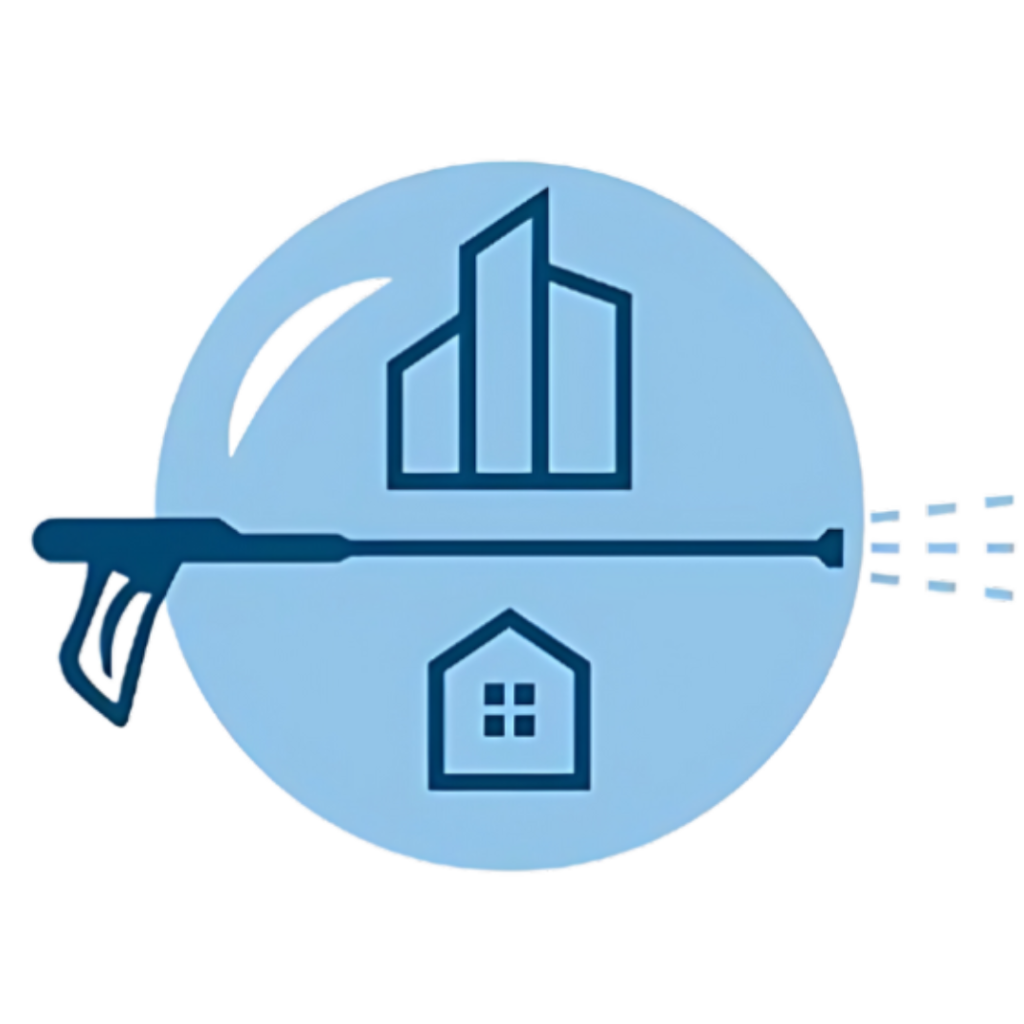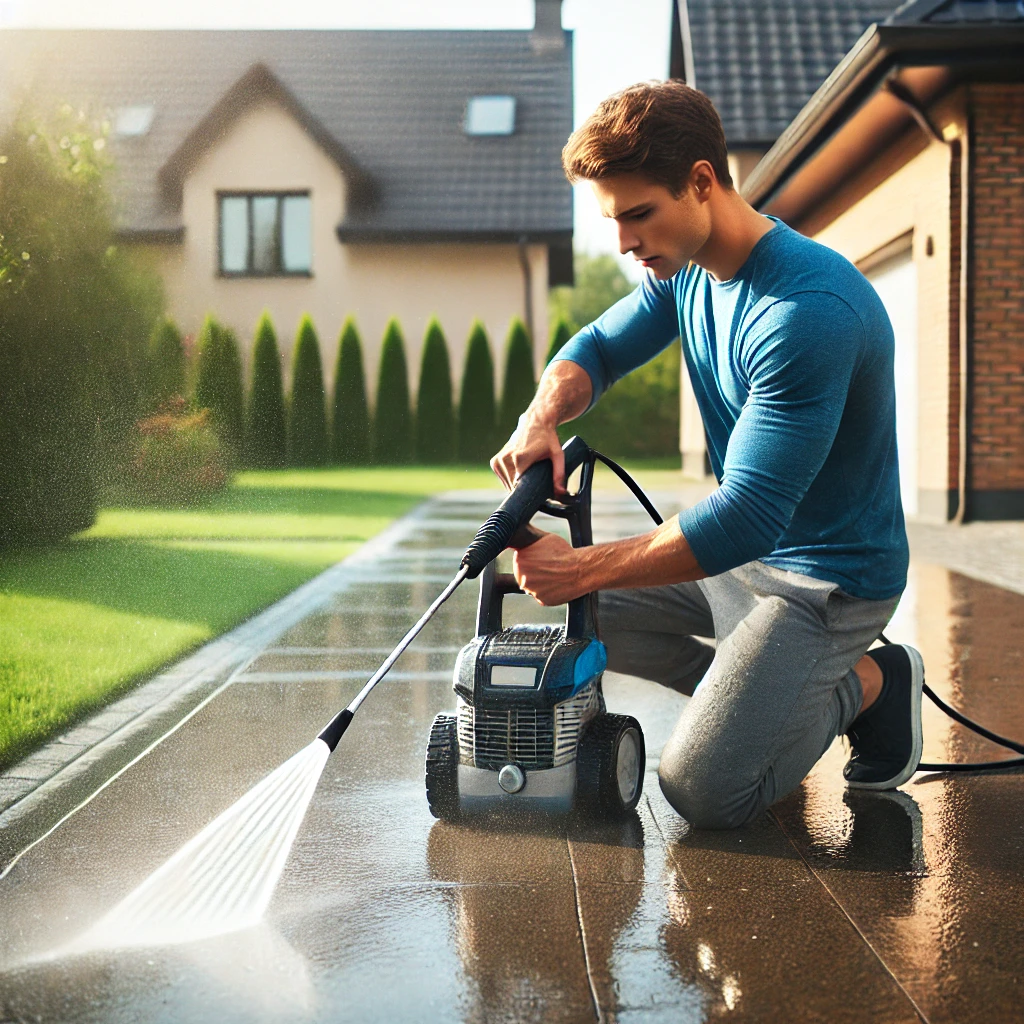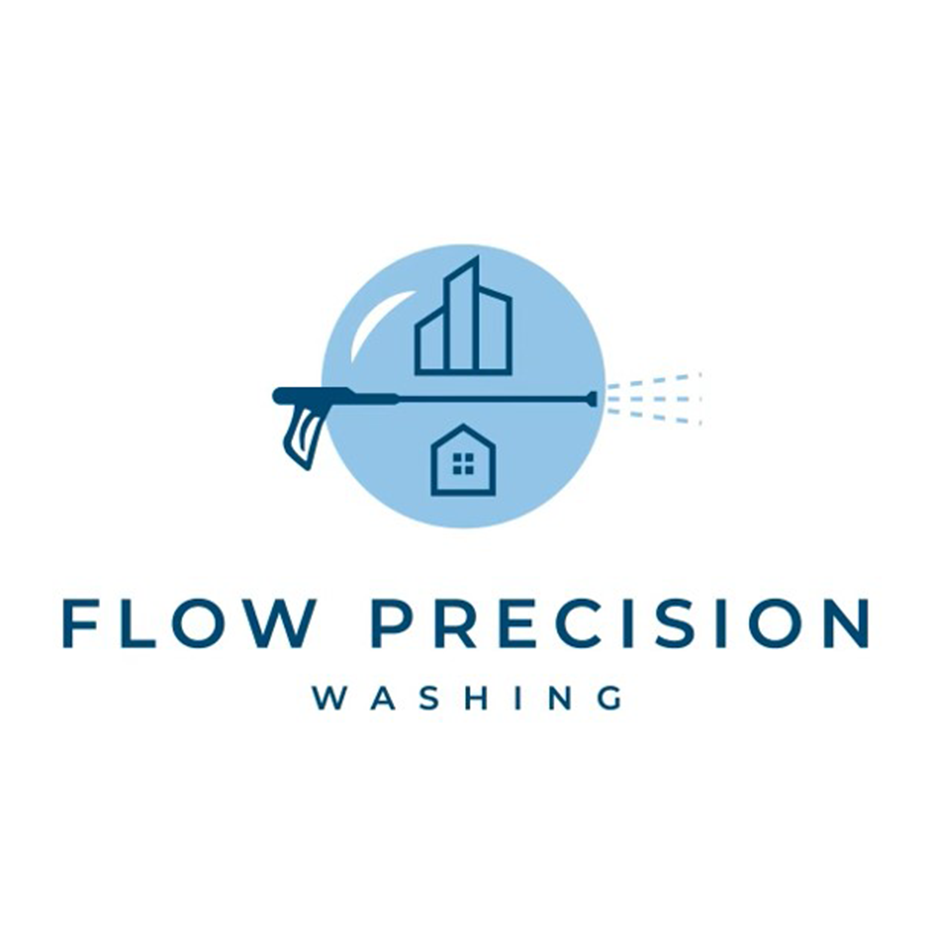Introduction
Keeping your home looking clean and fresh is important. One of the best ways to do this is through home pressure washing. But when it comes to pressure washing, you have two options: doing it yourself (DIY) or hiring a professional. In this post, we’ll look at the pros and cons of each choice to help you decide which is best for you. We’ll also dive into cost comparisons, environmental impacts, and tips for making the right decision.
Understanding Pressure Washing
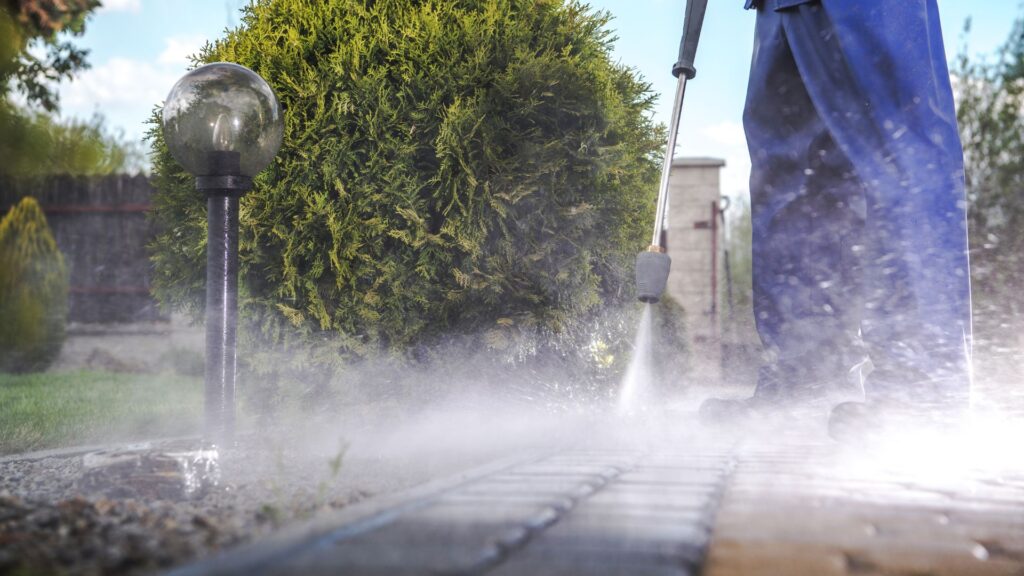
Pressure washing, also known as power washing, involves using a high-pressure water spray to remove dirt, grime, mold, and mildew from surfaces around your home. It’s great for cleaning:
- Driveways and Walkways: Removes stains and buildup, restoring the look of concrete or pavers.
- Siding: Eliminates mold, mildew, and dirt, keeping your home’s exterior looking new.
- Decks and Patios: Cleans wood, composite, and stone surfaces, preventing slippery mildew buildup.
- Fences: Restores the natural look of wood and removes dirt from vinyl and metal fences.
- Roof: Carefully removes moss and algae without damaging shingles (professionals only).
Regular pressure washing not only enhances curb appeal but also protects your home from damage caused by buildup and biological growths.
DIY Home Pressure Washing
Pros of DIY Pressure Washing
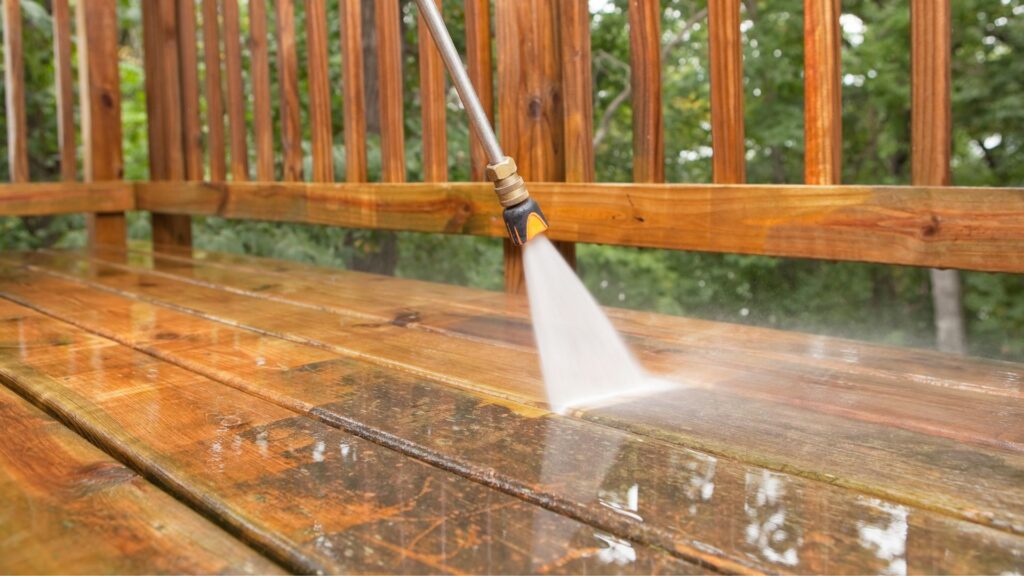
- Cost Savings: DIY can save money as you avoid labor costs. Buying or renting a pressure washer might be a one-time expense.
- Flexibility: You can pressure wash at your convenience, fitting it into your schedule whenever it suits you. This is great for regular maintenance.
- Learning Experience: It’s a great way to learn more about home maintenance and get hands-on experience. Understanding how your home’s exterior reacts to pressure washing can be beneficial for future projects.
Cons of DIY Pressure Washing
- Equipment Costs: Purchasing a quality pressure washer can range from $100 to $500. Renting costs between $40 to $100 per day. You’ll also need to buy cleaning solutions and safety gear.
- Risk of Damage: Without proper knowledge, you might damage your home’s surfaces. High-pressure water can strip paint, damage wood, and even break windows if used incorrectly.
- Time-Consuming: Pressure washing can take a lot of time, especially if you’re new to it. Setting up the equipment, doing the job, and then cleaning up can eat up a significant portion of your day.
DIY Tips
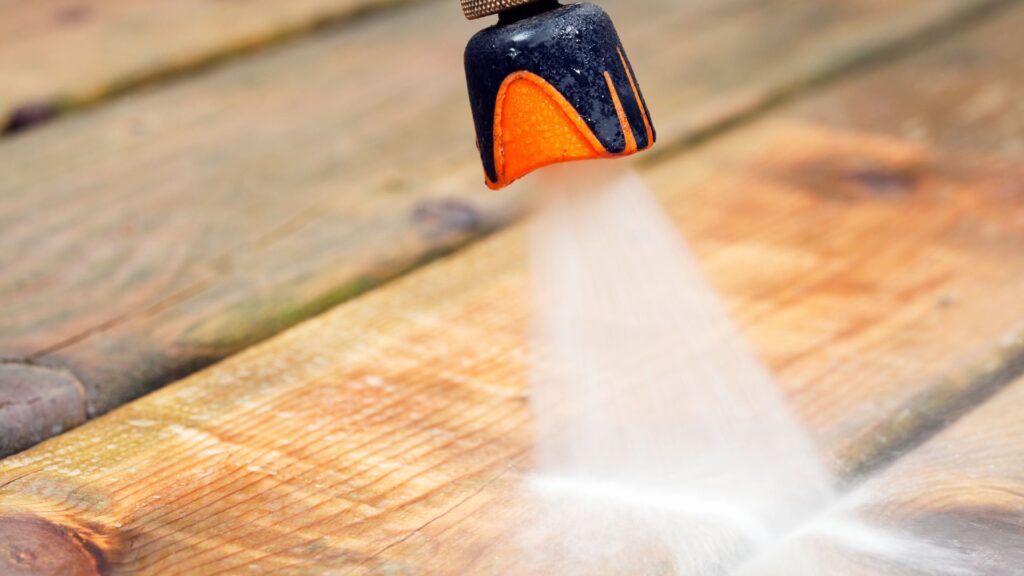
- Start with a Low Pressure: Begin with the lowest setting to avoid damaging surfaces.
- Use the Right Nozzle: Different nozzles provide different spray patterns and pressures. Use the appropriate one for each surface.
- Keep a Safe Distance: Hold the pressure washer at least 6 inches from the surface.
- Practice Safety: Wear protective gear, including gloves, goggles, and sturdy shoes.
Professional Home Pressure Washing
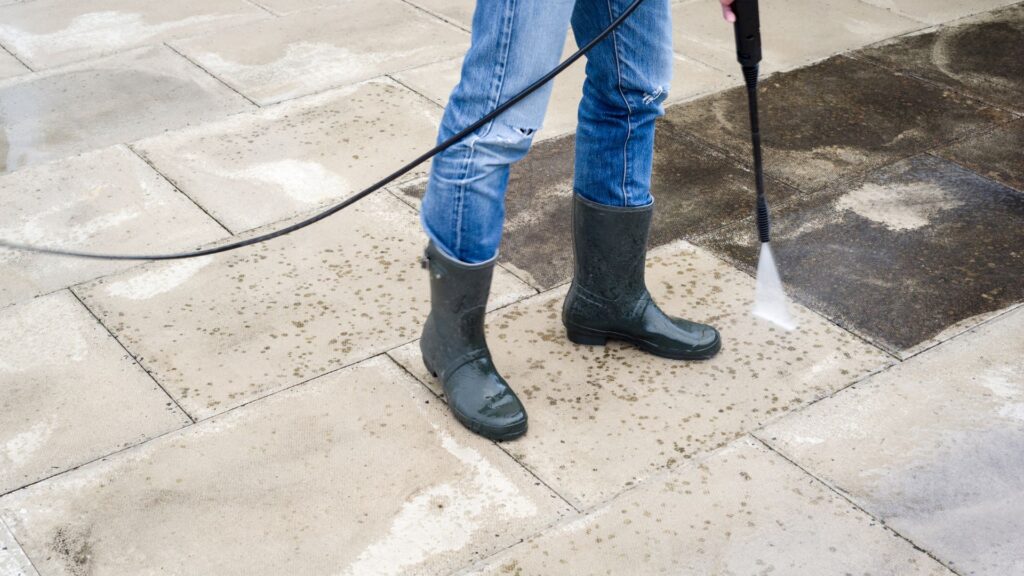
Pros of Professional Pressure Washing:
- Expertise: Professionals have the training and experience to do a thorough job. They know the right techniques and products to use for different surfaces.
- Equipment: They use high-grade, commercial equipment that can clean more effectively and efficiently than most consumer-grade pressure washers.
- Efficiency: Professionals can get the job done quickly and efficiently, saving you time and hassle.
- Safety: Hiring a professional reduces the risk of injury or damage to your property. They know how to handle the equipment safely and can reach high or tricky areas without issue.
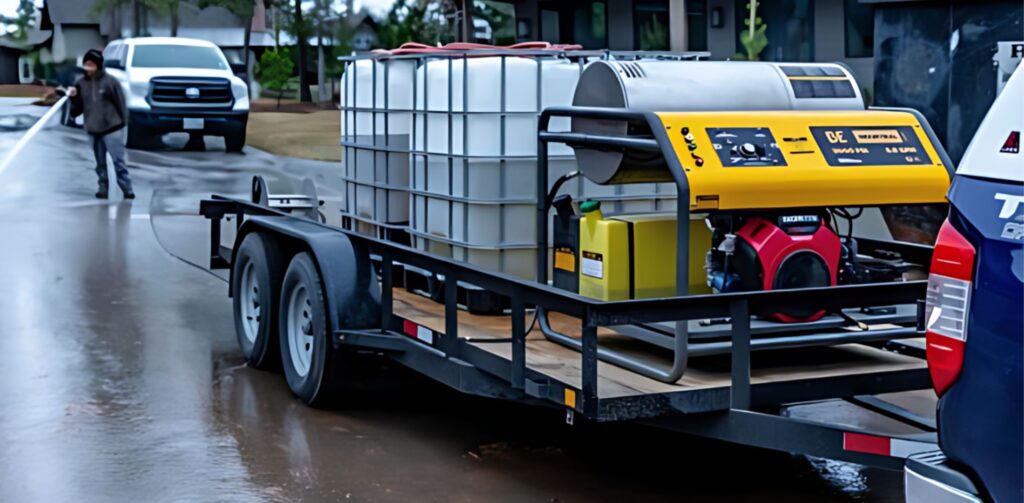
Cons of Professional Pressure Washing
- Cost: Professional services can be more expensive because you’re paying for labor and expertise. Costs can range from $200 to $500 or more, depending on the size of the job.
- Scheduling: You need to arrange a time for the service, which might not always be convenient. You might also have to wait for availability during peak seasons.
Finding a Reputable Professional
- Check Reviews: Look for online reviews and testimonials.
- Ask for References: A good company should provide references upon request.
- Verify Insurance: Ensure they have proper insurance to cover any potential damage or injuries.
- Get Multiple Quotes: Compare prices and services from different providers.
Cost Comparison
Let’s break down the costs involved in DIY vs. professional pressure washing.
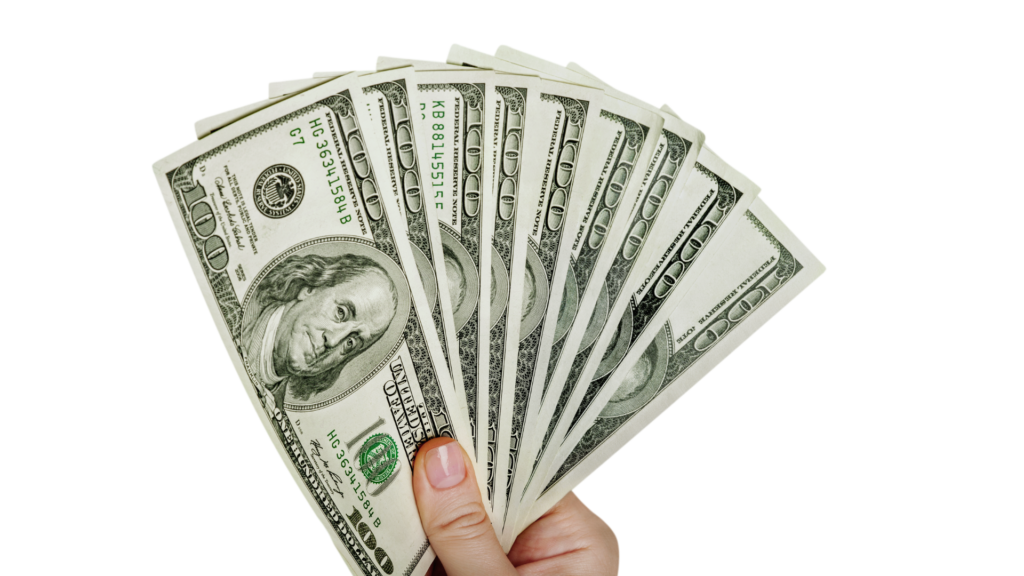
- DIY Costs:
- Pressure Washer: $100 to $500 (purchase), $40 to $100 per day (rental).
- Cleaning Solutions: $10 to $30.
- Safety Gear: $20 to $50 (gloves, goggles, etc.).
- Total Initial Investment: $130 to $580.
- A LOT of time
- Professional Costs:
- Small Jobs: $200 to $300 (siding, small driveways).
- Medium Jobs: $300 to $400 (larger driveways, decks).
- Large Jobs: $400 to $500+ (entire home exteriors, multiple surfaces).
- Total Professional Service Cost: $200 to $500+.
While DIY might seem cheaper initially, consider the potential for damage and the value of your time. Professional services can offer peace of mind and high-quality results.
Situational Considerations
When should you go DIY, and when should you hire a professional?
- DIY Might Be Better If:
- You have a small project, like a patio or a single wall.
- You’re on a tight budget and want to save on labor costs.
- You enjoy doing home maintenance tasks yourself and have the time to learn and execute the job.
- Professional Is Best If:
- You have a large project, such as cleaning the entire exterior of your home.
- You have delicate surfaces that require expert handling.
- You don’t have the time or expertise to do it yourself.
- Safety is a concern, such as needing to reach high areas or dealing with mold.
Environmental Impact
Both DIY and professional pressure washing can impact the environment.
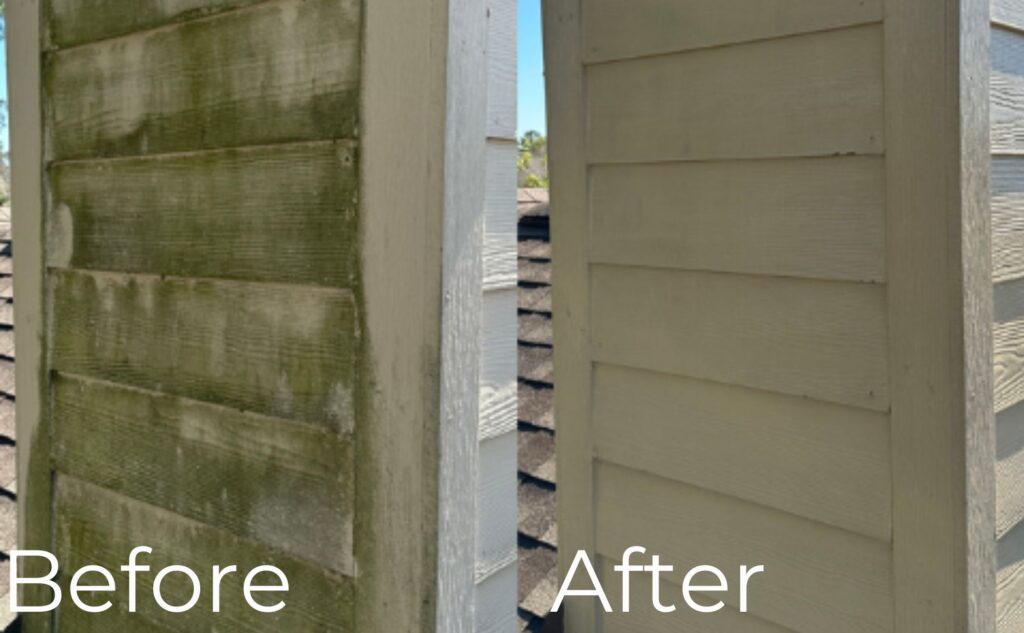
- DIY:
- Water Usage: Be mindful of the amount of water you use. Some pressure washers can use up to 8 gallons per minute.
- Chemicals: Avoid using harsh chemicals that can harm plants, animals, and water sources. Look for eco-friendly cleaning solutions.
- Runoff: Ensure runoff doesn’t carry pollutants into storm drains.
- Professional:
- Eco-Friendly Practices: Reputable companies often use less water and eco-friendly products.
- Proper Disposal: Professionals are usually better at managing and disposing of wastewater safely.
No matter which option you choose, always follow best practices to protect the environment.
Making Your Decision
To help you decide between DIY and professional pressure washing, consider these key factors:
- Budget: Can you afford the upfront cost of a pressure washer, or is it better to pay for professional services?
- Project Size: Is the area you need to clean large or small?
- Experience: Do you feel confident using a pressure washer without causing damage?
- Time: Do you have enough time to dedicate to a DIY project?
Here’s a handy checklist to help you make your decision:
- Assess Your Budget: Determine if you have the funds to buy or rent a pressure washer, or if you prefer to hire a pro.
- Evaluate the Project Size: For larger jobs, professional services might be more practical.
- Gauge Your Confidence: If you’re not sure about your ability to handle a pressure washer, hiring a professional can prevent costly mistakes.
- Consider Your Schedule: If you’re short on time, a professional can get the job done quickly and efficiently.
Conclusion
Both DIY and professional pressure washing have their pros and cons. If you’re looking to save money and enjoy tackling home projects, DIY might be the way to go. However, if you want a thorough, efficient, and safe cleaning, hiring a professional is probably your best bet. Take some time to evaluate your situation and make the choice that works best for you and your home.
Share your experiences with home pressure washing in the comments below! Have you tried DIY or professional pressure washing? What worked best for you? Let’s keep the conversation going!
